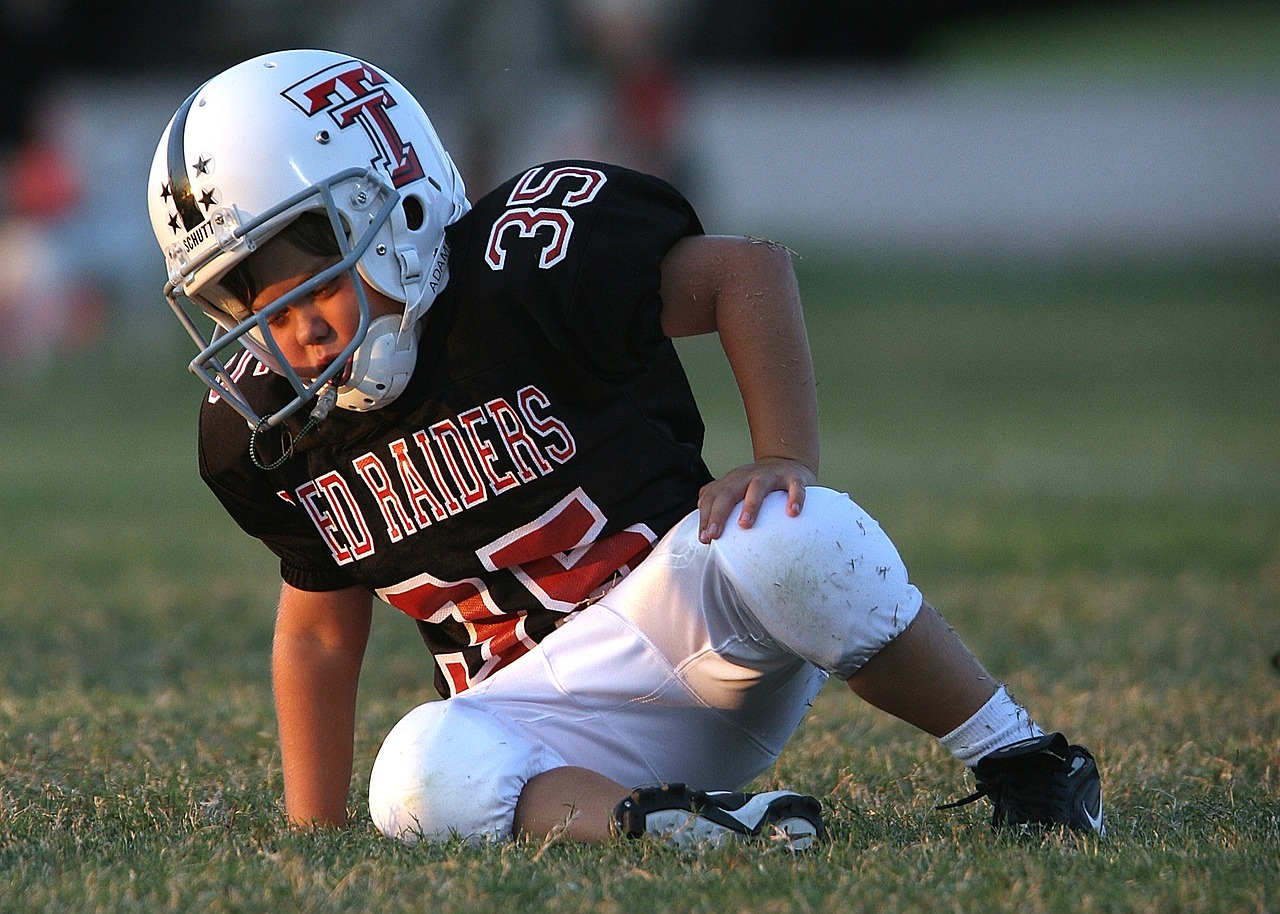News
Playing tackle football before 12 years old causes earlier CTE development

Chronic traumatic encephalopathy (CTE) is a neurodegenerative disease caused by repetitive brain trauma. You’ve likely heard of it as the brain disease affecting former NFL players who experienced numerous concussions during their careers.
Now, there is evidence that players who started playing tackle football before the age of 12 were likely to show observable symptoms related to CTE an average of 13 years earlier than players who started their careers later.
In a study published by the VA Boston Healthcare System and Boston University’s school of medicine, researchers found that players who started playing before age 12 showed cognitive, behavioral, and mood symptoms significantly earlier than those who started later.
This is based on an assessment of 211 players who were diagnosed with CTE during post-mortem autopsies.
Each year before 12 years old that a player participated in tackle football sped up the early onset of cognitive problems by approximately 2.4 years, and behavioral and mood problems by 2.5 years.

Dr. Ann McKee
Source: Boston University/Asia Kepka
The study also included 35 former players who have been tentatively diagnosed with CTE before death. While there are tests in development to diagnose CTE before death, currently the only established method of diagnosis involves post-mortem examination of the brain tissue.
In an interview on ESPN’s “Outside the Lines”, Dr. Ann McKee, director of Boston University’s Chronic Traumatic Encephalopathy Center, said the findings suggest those who begin playing football after age 12 show more resilience against brain disease later in life.
“It shows the health of the brain was changed by playing football before the age of 12,” McKee said.
“Some argue that players should play even later than 12, maybe 18, when they are adults and can make fully informed decisions,” McKee said. She added that players who are older have more mature bodies and might be more capable of playing the game with the skill and style needed to avoid head injuries.
“The study adds to the accumulating evidence that if you’re going to play football, you should do so later,” McKee said.



